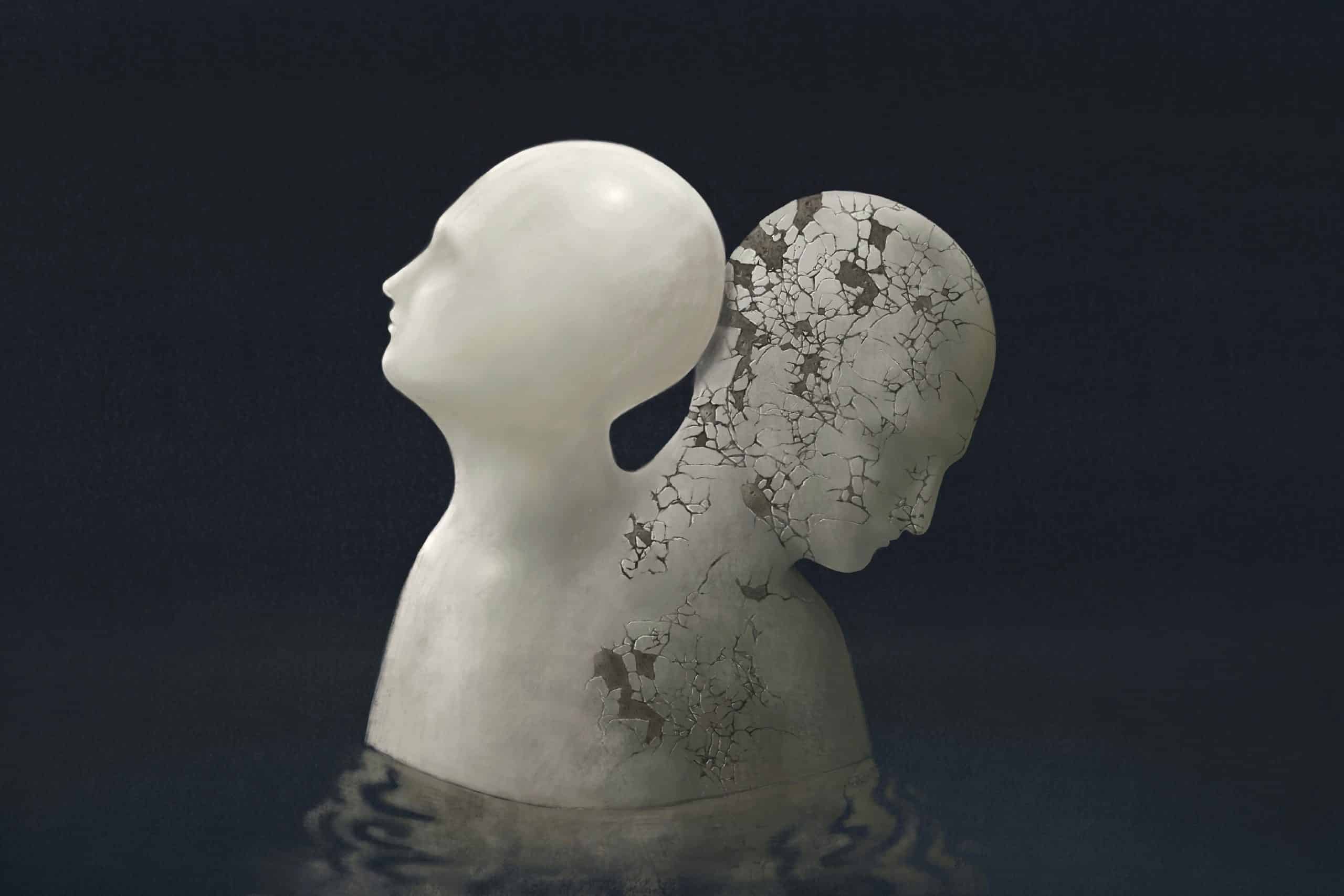What is on this page
The Emotional Rollercoaster of Divorce
Benefits Of Forgiveness
Divorce is a challenging experience that can leave us feeling lost, confused, and alone. It’s a time of intense emotions, where we may feel hurt, angry, and betrayed. We may struggle to find footing as we navigate the uncertainty and upheaval that divorce can bring. However, forgiveness is a way to find peace and healing amidst the pain and chaos.
Forgiveness is a process that takes time and effort. It’s not about condoning bad behaviour or forgetting what happened. Instead, it’s about releasing the negative emotions holding us back. When we forgive, we are giving a gift to ourselves. Forgiveness is a choice to let go of the past and move forward with our lives.
Divorce, Support and Self-Care
During and after divorce, it’s normal to experience various emotions, including anger, sadness, fear, and guilt. These emotions can be overwhelming and confusing, making it difficult to move forward. This is where seeking therapy can be helpful.
In therapy, we can explore and understand our emotions in a safe and non-judgmental space. By understanding our emotions, we can work through them and let go of negative feelings. In therapy, we can also identify patterns of behaviour and communication that may have contributed to the breakdown of our marriage. Identifying and addressing these patterns can prevent them from repeating in future relationships, and this can help us build stronger, healthier relationships in the future.
Forgiveness Helps, but It Cannot Be Forced
Forgiveness is a powerful tool that can help us heal and move forward from past hurts and grievances. It allows us to let go of anger and resentment and find peace within ourselves. However, forgiveness is a personal choice that cannot be forced upon anyone.
While forgiveness can bring many benefits, including improved mental and emotional health, it is important to recognize that it is not always easy or even possible in every situation. For example, forgiveness may not be appropriate or helpful in cases of abuse or trauma.
Attempting to force forgiveness can actually do more harm than good, as it can invalidate feelings and experiences and undermine your sense of agency and autonomy. Instead, it is important to create a safe and supportive environment in which forgiveness can occur naturally, if and when you are ready.
This may involve working with a therapist or other mental health professional to explore the root causes of the hurt and develop strategies for healing and moving forward. It may also involve setting boundaries and practising self-care to protect oneself from further harm.
Ultimately, forgiveness is a personal journey that must be undertaken at one’s own pace and in one’s own way. While it can be a helpful and healing process, it cannot be forced or rushed.

Validating our own Experiences
Learning forgiveness can be a challenging process, but it’s one that is well worth the effort. Forgiveness can help us improve our physical and mental health. The effects of stress on our physical health are well-documented. During and after divorce, stress levels can be exceptionally high, leading to physical health problems such as high blood pressure, heart disease, and chronic pain. Forgiveness can help reduce stress levels and promote physical health. Studies have shown that forgiving others can lower cortisol levels, the hormone associated with stress.
Similarly, discounting or holding onto negative emotions after a divorce can lead to depression, anxiety, and other mental health problems. Forgiveness can help improve our mental health. When we forgive someone, we release ourselves from the negative emotions holding us back, and we can let go of the anger and bitterness and move forward.
Forgiveness can also improve our relationships with others. When we forgive, we release ourselves from negative emotions and build stronger relationships with those around us. This includes our ex-spouse, children, and friends. Forgiveness can help us communicate successfully, set healthy boundaries, and build trust.
Divorce can be a traumatic experience, but therapy can help us build resilience. By learning adaptive skills, we can navigate the challenges of divorce and emerge more robust and more resilient. We can learn how to care for ourselves emotionally, physically, and spiritually, and we can learn to let go of the past and embrace the present moment.
Therapy Can Help During And After Divorce
Transpersonal and integrative therapy can help us explore the benefits of forgiveness during and after divorce. These therapeutic approaches recognise the interconnectedness of our physical, emotional, and spiritual selves and encourage us to explore the deeper aspects of our being. Through these therapies, we can better understand ourselves and the challenges we face.
Transpersonal therapy is focused on helping us explore our spiritual selves, including our connection to something larger than ourselves. This therapy can help us explore the deeper aspects of our being and find meaning and purpose in our lives. Through transpersonal therapy, we can gain a greater sense of peace and acceptance, which can be particularly helpful during and after divorce.
Integrative therapy is a holistic approach that recognises the interconnectedness of our physical, emotional, and spiritual selves. This therapy can help us identify patterns of behaviour and communication that may contribute to our difficulties. Integrative therapy can also help us develop coping skills and tools to help us navigate the challenges of divorce.
Together, transpersonal and integrative therapy can help us explore the benefits of forgiveness. By exploring the deeper aspects of our being, we can better understand the underlying emotions and motivations that may be driving our behaviour. Through integrative therapy, we can learn coping skills and tools to help us navigate the challenges of divorce. And, through transpersonal therapy, we can find greater meaning and purpose in our lives, which can help us cultivate forgiveness and compassion towards ourselves and others.
Forgiveness is a powerful tool to help us heal and move forward after a divorce. Transpersonal and integrative therapy can help us cultivate forgiveness by exploring the deeper aspects of our being, developing coping skills and tools to help us navigate the challenges of divorce, and finding greater meaning and purpose in our lives. By working with a transpersonal or integrative therapist, we can gain the support and guidance we need to heal and thrive during and after divorce. Together, we can explore the transformative power of forgiveness and embrace a more peaceful and fulfilling life.

